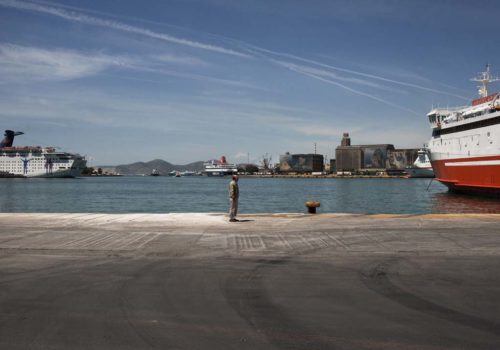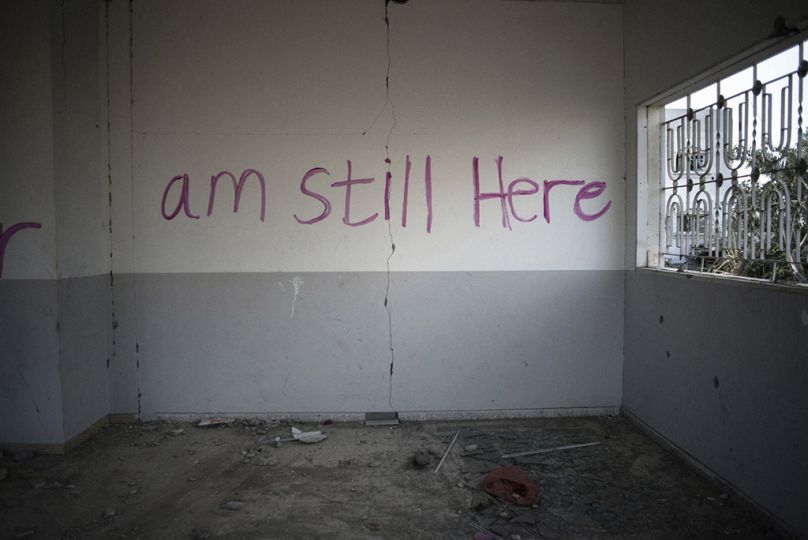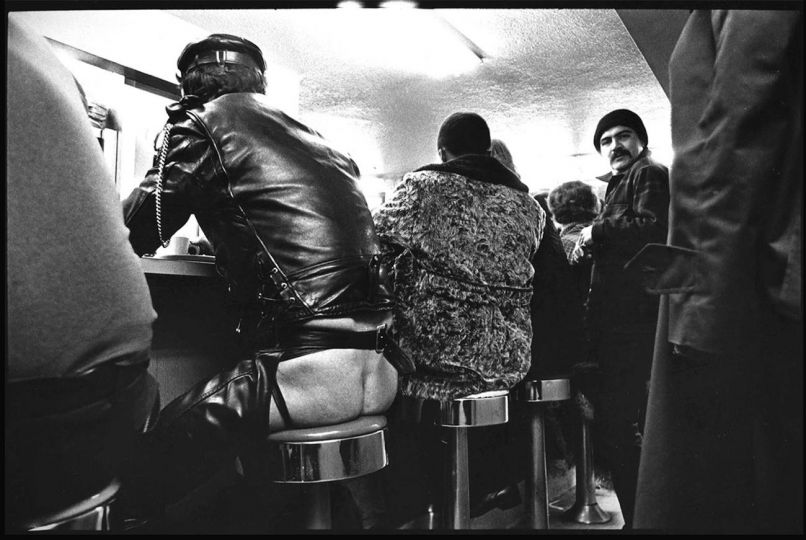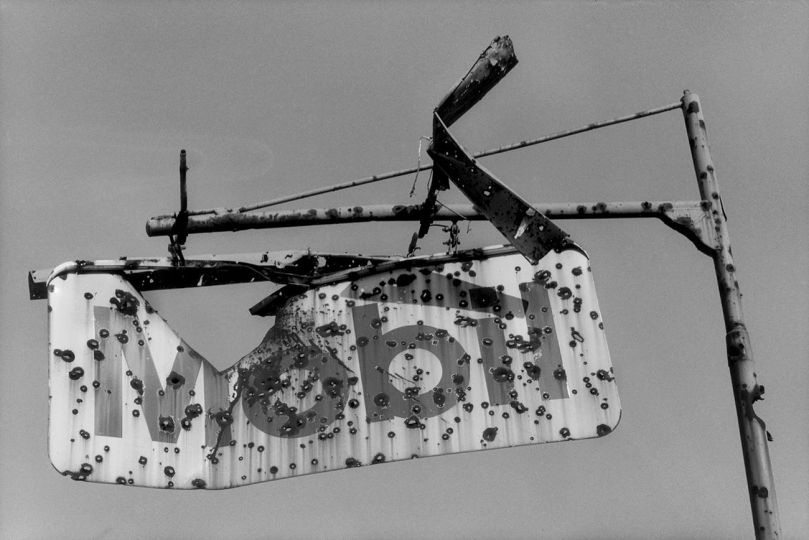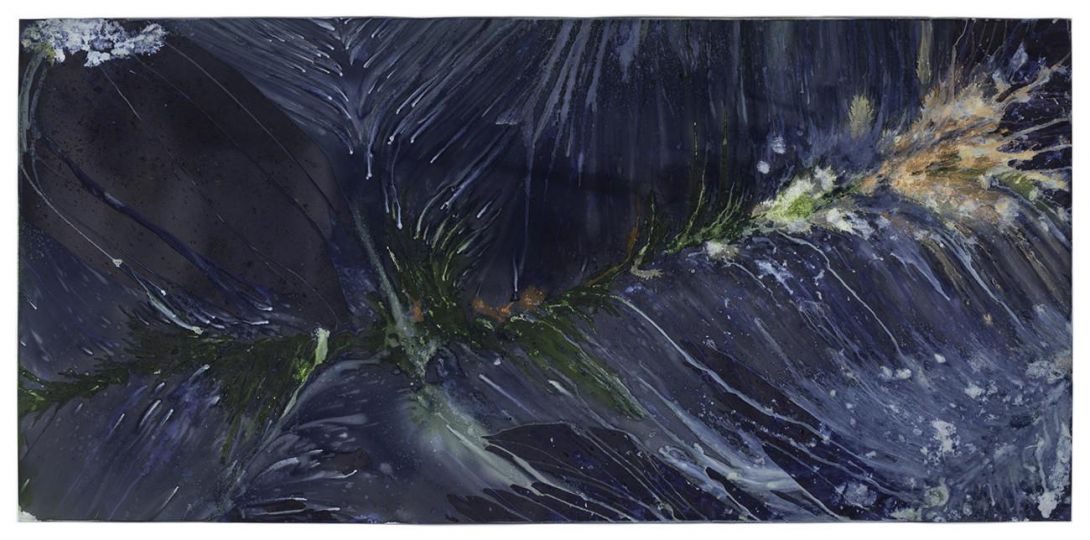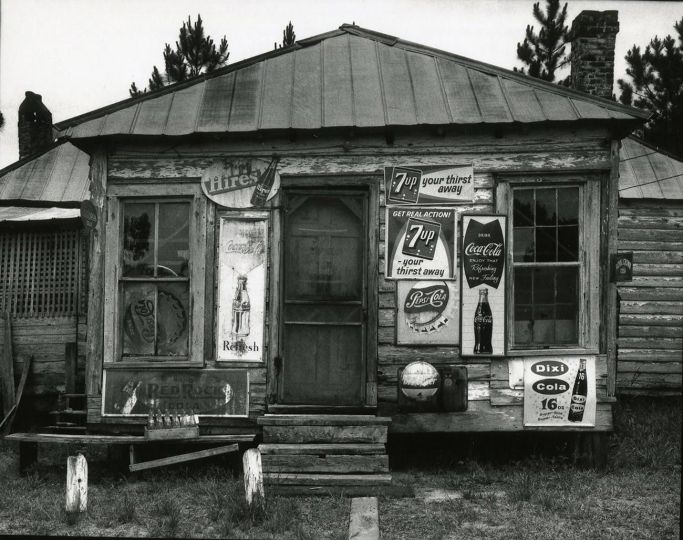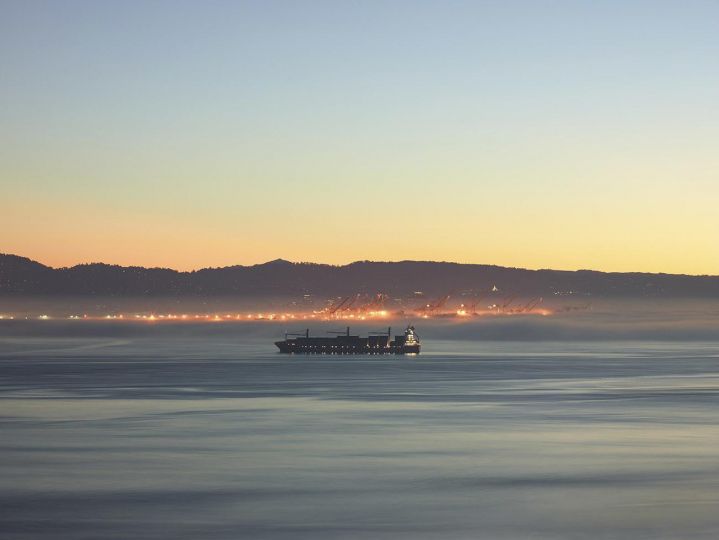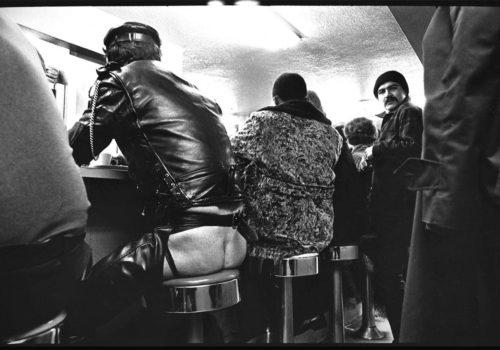καταστροφή
Crisis. From the greek krino, to separate. That is to separate in the broader sense, as every instance of analysis and understanding requires a crucial moment for change to occur. Crisis implies a break that needs to be analysed so as to avoid a defeat. What I saw in Greece has nothing to do with the word crisis. Maybe with the word stasis. And by stasis I mean both the modern concept of “immobility”. Stasis at the time of the polis, meant the breakdown of politics. And stasis inevitably leads to catastrophe. κατα (downwards) στροφή (to turn). To sink.
Eloisa d’Orsi, 35, is a free-lance photographer based in Spain. Born in Compiegne, France, in 1977, she graduated in visual anthropology from Turin University, Italy.
She is a member of the “Donquixote Collective” since 2002. She worked on his own personal projects in South America and Asia several years. For example, she documented the diaspora of IDPs in Colombia, the work of women against war, the condition of the natives in Venezuela, Tourism in Cuba etc. More recently, she has dedicated the past three years to working extensively on Italy and migrants in Europe. Currently he is working on a long-term project about Schengen Zone and Fortesse Europe. Her work has been published in to many italian magazines including Géo, Internazionale, L’Europeo and Repubblica.
Recents acknowledgements :
2013 FOTOPRESS Finalist, Fundacion la Caixa
2012 Honourable Mention from IPA (International Photography Awards), category “Photo Essay and Feature Story”

